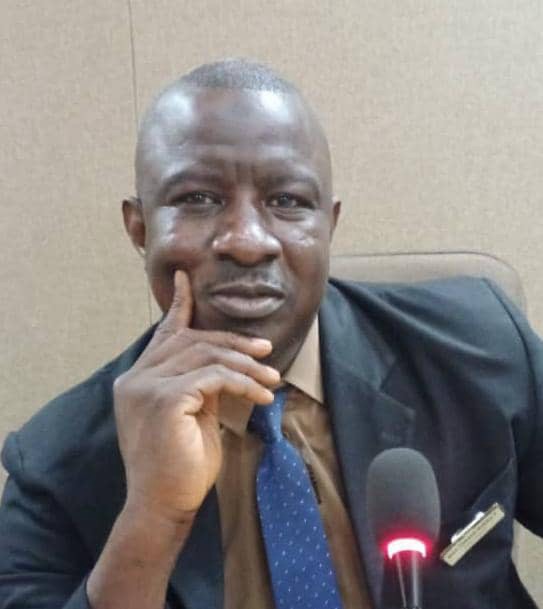A US-based Gambian criminologist, specialising on law enforcement and national security crisis, has advised the government to legislate Deadly Force laws to address the country’s security lapses.
Deadly force, also known as lethal force, is the use of force that is likely to cause serious bodily injury or death to another person. In most jurisdictions, the use of deadly force is justified only under conditions of extreme necessity as a last resort, when all lesser means have failed or cannot reasonably be employed.
A civilian’s use of deadly force is generally justified if they reasonably believe that they or another person are in imminent danger of death or serious injury.
Modou Lamin Faye, a strong critic of government and regular contributor on the management of security in the country, said the Deadly Force guideline should include the proximity of homes, reasons to believe that the person or persons were there to steal or harm you, “It must be in your compound and not outside the gate, and immediately call law enforcement after you stop the threat”.
“I urge the lawmakers of the Gambia to educate and encourage the people to learn to defend or protect themselves from these subjects terrorizing them in their homes by using whatever force necessary including Deadly Force to stop the terror against them when safe to do so. However, with the Deadly Force, guidelines should also be put in place to make sure that homeowners will be held accountable if they go around using the DEADLY FORCE rule senselessly. With the guidelines in place, investigators can use it to determine if the Deadly Force used was justified or not,” he explained.
Individuals going around terrorizing innocent people in their homes and forcefully taking their things that these victims have worked so hard for, he added, “Is unfair to them. Therefore, in order to stop a bully or a terrorist, one must hit them back and make them taste their own medicine. In other words, playtime is over,” he added.
He said a home is a place where you are supposed to have peace-of-mind, feel in control and alive or safe from mentally, physically, and psychologically being harmed by an intruder.
“The attack on people’s lives and properties in the Gambia daily is widespread and really getting out of hand. In my professional opinion and as I stated before in my previous security risk assessment articles, in order for these terrors on people and their properties to be minimized or put under control, both law enforcement and the public have a part to play,” he stated.
Faye said there is a responsibility to the people’s part where the public needs to understand that it’s ok to be comfortable in their homes but also be aware of the fact that police might not be readily available (this happens in every country you go to) in some cases therefore, homeowners can put measures in place by installing security lights, cameras, and basic battery door alarm systems to eliminate opportunities that would make it easy for the bad guys to commit these crimes.
“Almost everybody in the modern world now has security cameras with sensors and alarm systems installed in their homes because they know that perpetrators are always gone by the time law enforcement officers arrive. However, with security cameras installed in these homes, investigators can use the footage recovered from them not only for identifying the suspect (s) but also use it as evidence for future prosecutions,” he added.
He said law enforcement officials also need to work on their response time and establish or develop good investigative and interrogative skills as well. “General deterrence model should be applied in this case, where one punishment can be used swiftly and accordingly. The judicial system should also hold these terrorists accountable to the fullest in accordance with the law,” he concluded.




